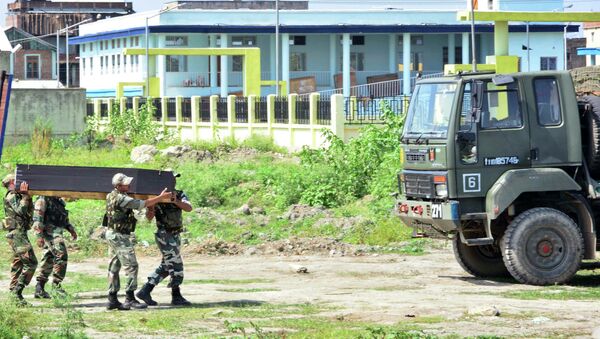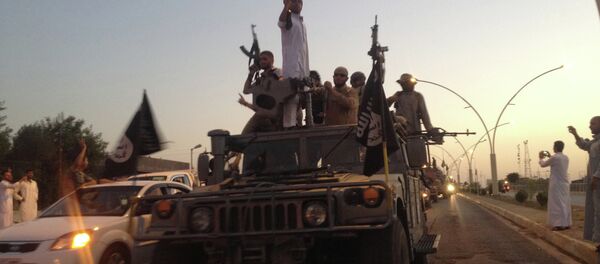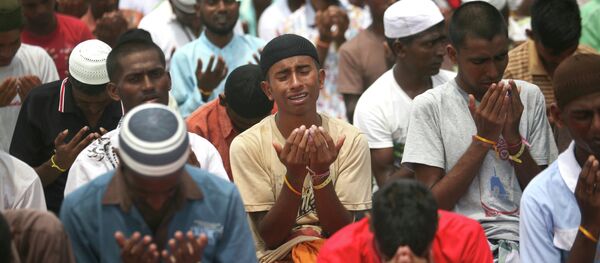Last month, the self-proclaimed Islamic State terrorist group seized of control Ramadi, Iraq. Once overtaking the city, they gained control of a vast stockpile of weapons left behind by the United States military. According to Pentagon spokesman Col. Steve Warren, “a half dozen US tanks were abandoned, a similar number of artillery pieces, a large number of armored personnel carriers, and about 100 wheeled vehicles – like Humvees,” are all now in the hands of Islamic State fighters.
It should serve as a lesson about the dangers of shipping large arms supplies into conflict zones. No matter the intentions, weapons can change hands quickly. Nevertheless, new shipments are currently en route to the Iraqi Army.
But US weapons are also popping up in other, unexpected places. On Friday, a two-truck convoy of the 6 Dogra infantry regiment, travelling through the mountain forests in the Indian state of Manipur near the border with Myanmar, was attacked by a group of 50 guerrilla fighters. At least 20 soldiers were killed. It was the deadliest attack on Indian security forces in over two decades.
An investigation is still under way. Hundreds of ground troops are currently conducting a manhunt through the remote region. A unified group of three rebel organizations – the National Socialist Council of Nagaland (Khaplang faction), Kanglei Yawol Kanna Lup, and Kangleipak Communist Party – has claimed responsibility for the attack, though no one has yet been apprehended.
Border crossings have been closed, but the porous nature of the mountainous region makes it entirely possible that the guerillas have fled into Myanmar.
While not much is known at this time, one thing is clear: according to sources, the militants used US-made rocket launchers.
In addition to the rocket-propelled grenades, attackers also used improvised explosive devices and machine guns.
Manipur is no stranger to ethnic and religious conflicts. In the last decade, nearly 2,000 have been killed in violence, largely due to rivalries which date back to British occupation which ended in 1947.
"Generally, violence in Manipur is on the downward trend," said Ajai Sahni, executive director of the Institute for Conflict Management in New Delhi, according to Reuters. "But this is a reminder well-armed groups, which are reasonably well coordinated, are able to carry out opportunistic attacks."
As long as American weapons continue to flow around the world, these kind of attacks can only continue.




